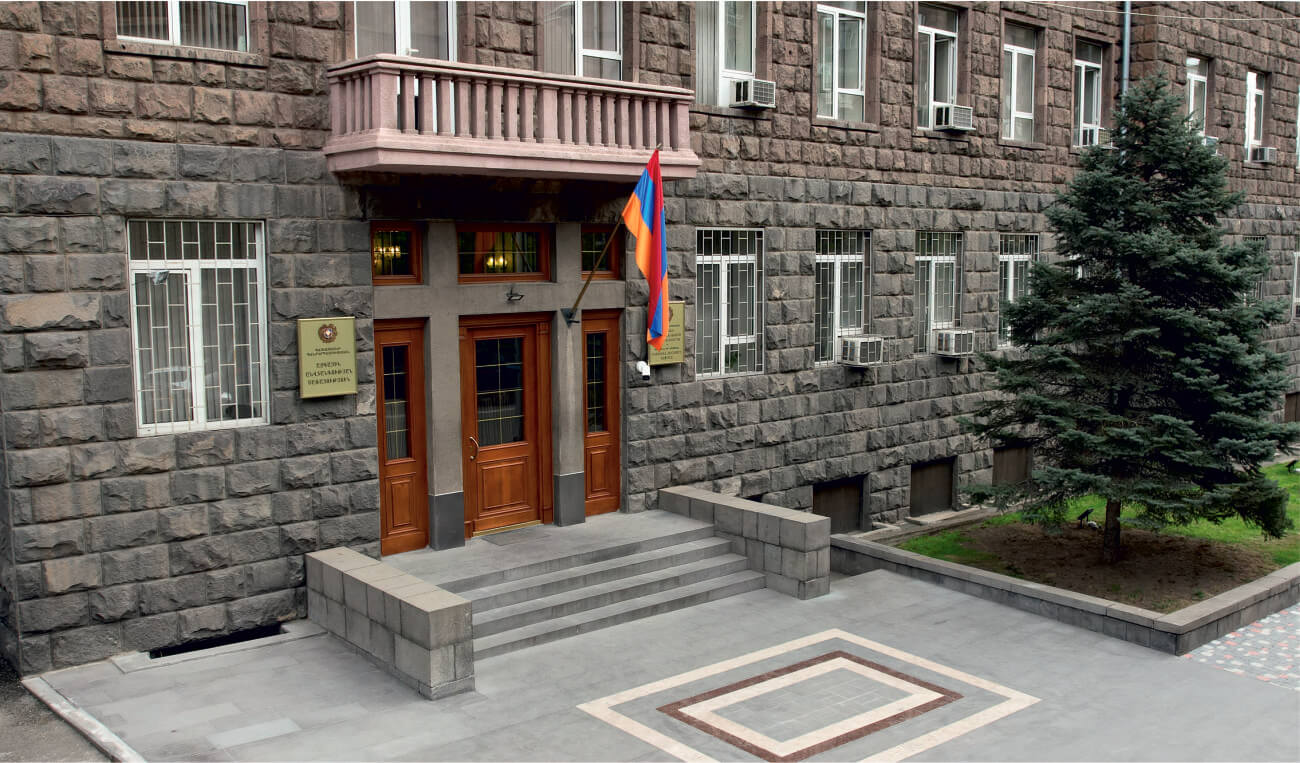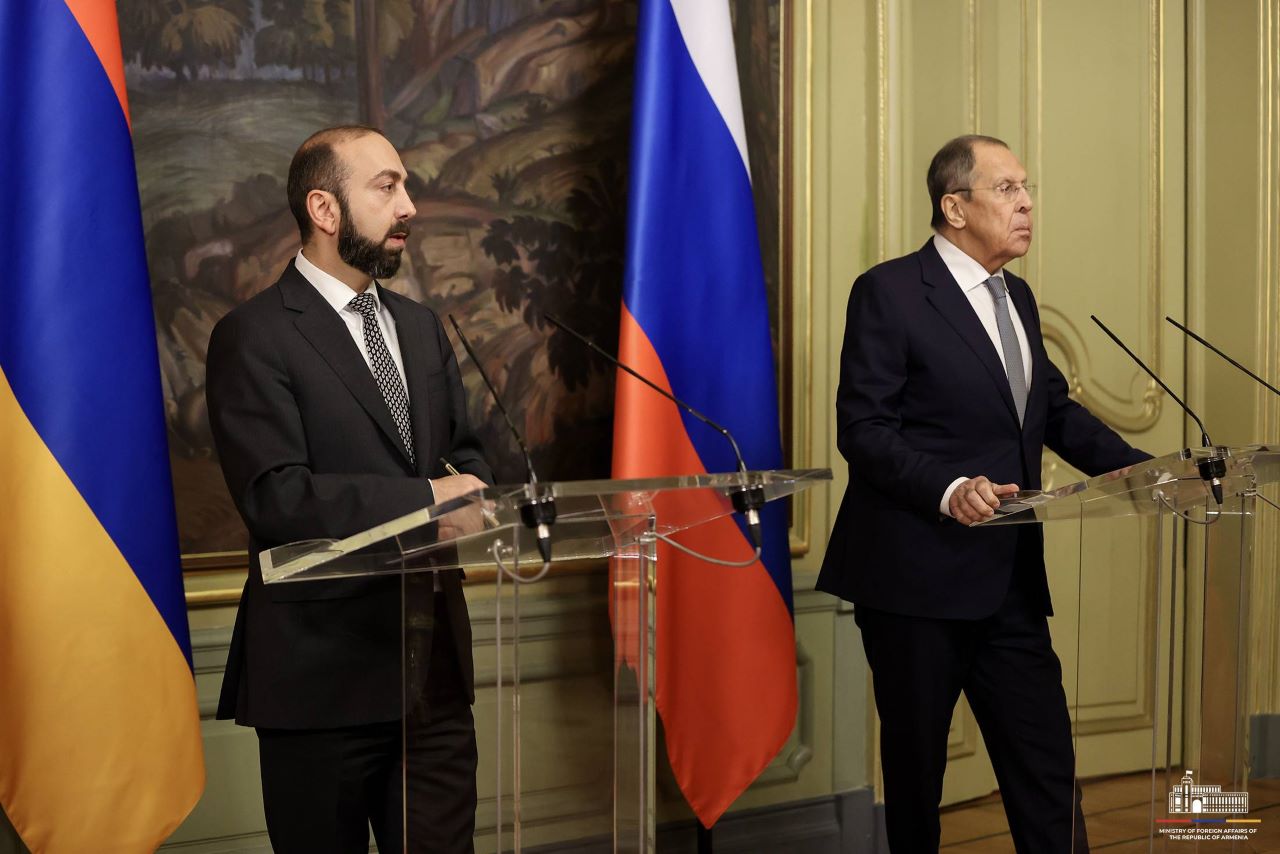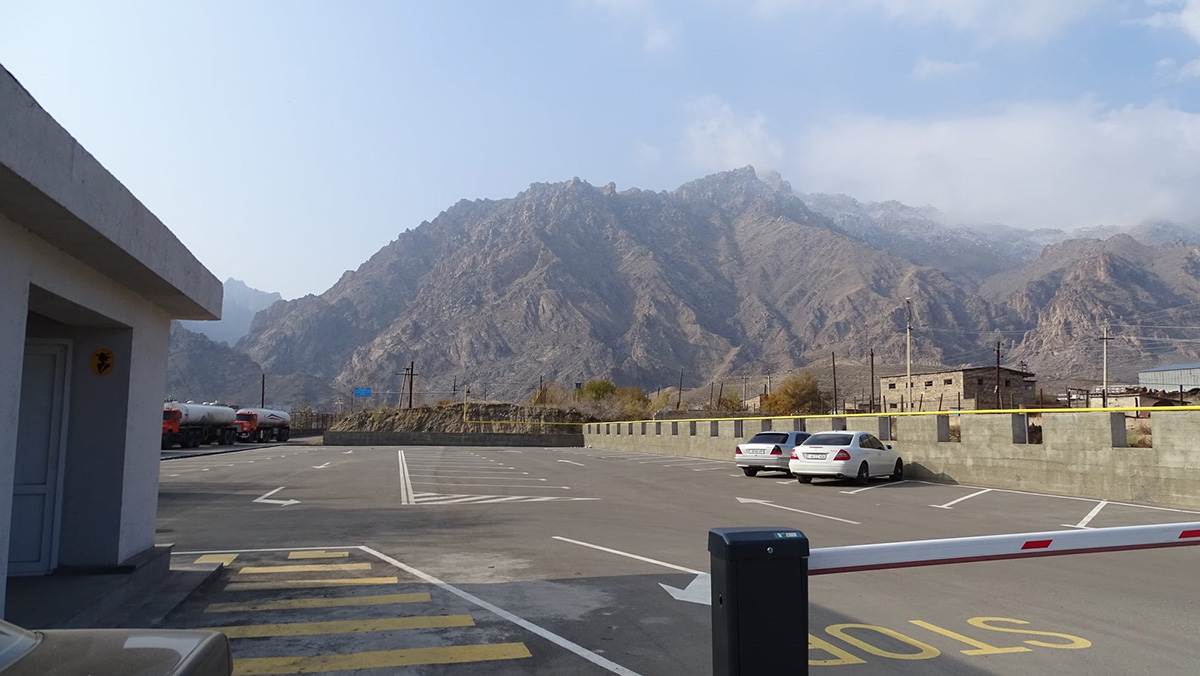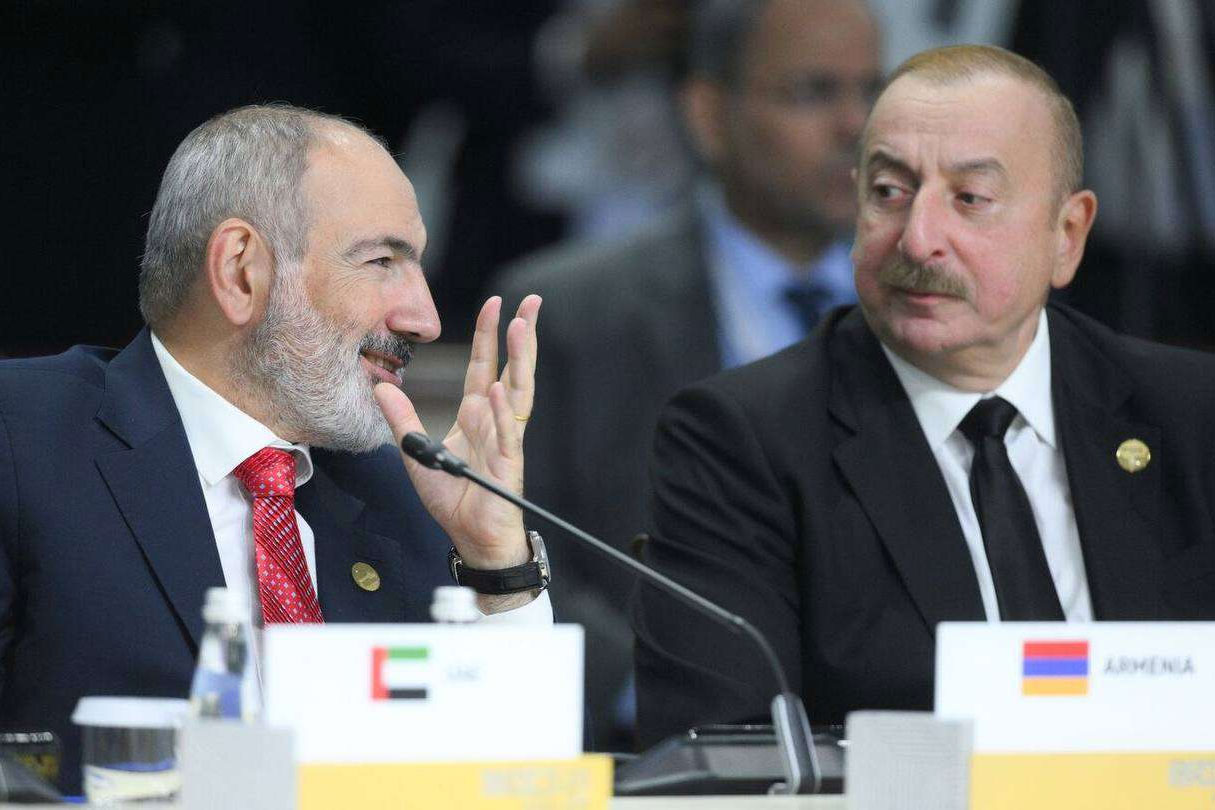'Additional risks may arise': Armenian foreign intelligence report
Report by Armenia’s Foreign Intelligence Service
Azerbaijan is unlikely to launch large-scale military actions, but escalations along Armenia’s borders remain a distinct possibility. This is highlighted in the first public report from Armenia‘s Foreign Intelligence Service (FIS).
The FIS was established in October 2023. Experts believe it was created due to the Armenian government’s lack of trust in the National Security Service, a successor to the KGB that still operates under Soviet-era traditions.
“In the absence of a peace treaty and established interstate relations, the risk of localized tensions and border escalations persists. This is part of Azerbaijan’s policy of using threats of force against Armenia. Progress in the delimitation and demarcation of borders could help reduce these risks,” the FIS states.
The agency also reports ongoing monitoring of Azerbaijan’s “harmful narratives” targeting Armenia’s independence, sovereignty, and territorial integrity. These include Baku’s increasing references to “Western Azerbaijan” (a term implying all of Armenia’s territory), “Armenia’s militarization,” and “revanchism.” The FIS plans to assess whether Azerbaijan’s consistent promotion and funding of these narratives is an attempt to legitimize its potential use of force against Armenia.
Below are the main risks to Armenia identified by the Foreign Intelligence Service.
- Will Trump shift focus from Ukraine to South Caucasus? View from Yerevan
- Opinion: ‘Armenia and US sign strategic partnership charter as legacy for Trump’
- Armenia takes first steps toward EU membership: Government approves Eurovote plan
“Azerbaijan’s attempts to interfere in Armenia’s internal affairs increase risks“
The report, titled “On External Security Risks to Armenia,” places significant emphasis on the normalization of relations with Azerbaijan. It notes that artificial delays by Baku cast doubt on “Azerbaijan’s true intentions for achieving peace.” Tensions in relations are further heightened by:
- “Azerbaijan’s aggressive official rhetoric,
- attempts to interfere in Armenia’s internal affairs,
- the imposition of unilateral demands during negotiations through the introduction of artificial topics.
The FIS believes that the likelihood of “continued use of such tactics” remains high:
“Additionally, Azerbaijan is expected to continue developing its offensive capabilities in 2025, reducing the time gap between a political decision to launch a military operation at the highest level and the start of combat on the ground.”
The report also states that Baku will maintain efforts to transition to more mobile units, prepare reserves, acquire new weaponry, and upgrade its military infrastructure.
Armenia will not return to CSTO
Armenia’s Foreign Intelligence Service has stated that the Russian-led CSTO military bloc is likely to remain incapable of addressing issues in the South Caucasus, despite its obligations under the alliance’s charter.
Given this, the FIS considers it unlikely that the problems that led Armenia to freeze its participation in the bloc will be resolved. Consequently, “the credibility of this organization will remain questionable, prompting other members to draw their own conclusions.”
Armenia has long abstained from participating in CSTO activities. The country sought, but did not receive, assistance from its allies after Azerbaijani forces invaded Armenia’s sovereign territory. Armenian officials now assert they are still waiting for “answers to their questions and a political assessment of the situation.”
Unblocking regional communications
The report highlights that “certain actors” view the unblocking of regional communications primarily through the lens of political influence and competition. Armenia, however, approaches the issue as an opportunity to realize the potential of its logistics and transit routes. Moreover, for Armenia, this is a key component of its peace agenda, which is why the government has developed and is promoting the Crossroads of Peace project.
“Unblocking all routes and transit opportunities with Turkey and Azerbaijan is not only an important guarantee of regional stability but, given current geopolitical and regional realities, also a genuine opportunity to make the region one of the key and secure logistical hubs of Eurasia.
However, actions by competing regional and extraregional actors, operating within the logic of maintaining or increasing their political influence, could pose additional security risks for Armenia,” the report states.
“Direct involvement of foreign intelligence in propaganda“
According to the report, a propaganda campaign against Armenia’s interests is being led primarily by foreign government bodies and affiliated entities. Recently, the Armenian Foreign Intelligence Service (FIS) has observed a concerning new trend: the direct involvement of foreign intelligence agencies in these efforts. The report, citing “intelligence received from third countries,” states that foreign intelligence services are disseminating “messages that create false narratives about Armenia’s domestic and geopolitical realities.”
The FIS claims that “covert propaganda” is being spread through Armenian and foreign media outlets, individuals of Armenian origin or those posing as Armenians, and foreign experts who present themselves as “independent” but whose funding and motives suggest otherwise.
The FIS identifies the following goals of these “harmful propaganda operations” conducted via media and social networks:
- “To distort our citizens’ perception of processes related to the country’s domestic and foreign policies, thereby attempting to influence decisions made by citizens in a democratic society;
- to sow distrust toward Armenia among partner states, create false narratives misaligned with our foreign policy priorities, and attempt to portray Armenia as a destructive actor.”
The report cites Azerbaijan’s “false environmental campaign” as a typical example of attempts to damage Armenia’s international reputation. According to the FIS, this campaign aims to harm Armenia’s economy and exert “multi-level pressure” on Yerevan during negotiations.
It was also reported that in 2024, foreign intelligence agencies conducted an “aggressive operation” against Armenia’s interests. Specifically, there were documented attempts to recruit, psychologically, ideologically, and militarily train Armenian citizens for participation in an operation aimed at overthrowing the constitutional order in the country.
“Risks will increase in 2026“
According to the Foreign Intelligence Service, risks are expected to rise in 2026 due to the upcoming parliamentary elections. The report warns of a potential increase in cyberattacks by various external actors, likely targeting decision-makers:
“Information campaigns against Armenia will aim to create internal instability and polarize society.”
The report also predicts that Armenia will face pressure over specific aspects of its negotiations with Azerbaijan, particularly regarding provisions of a peace agreement and the unblocking of communications.
Additionally, the FIS expects continued efforts to harm Armenia’s international reputation and economic potential. These actions may involve exploiting issues related to the environment and water resources.























